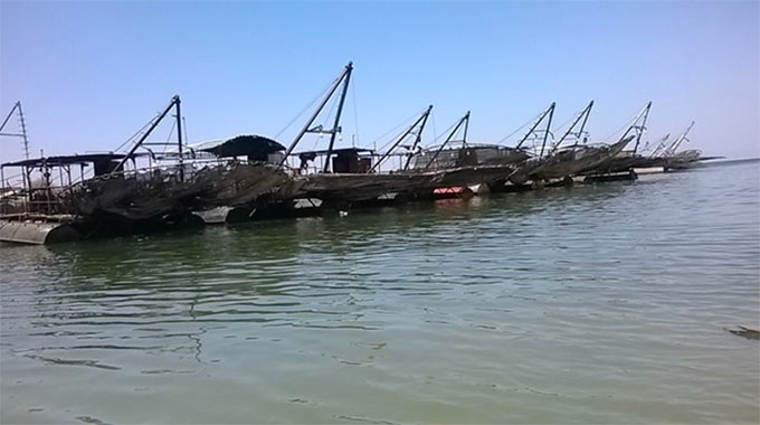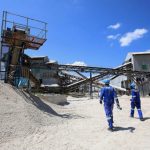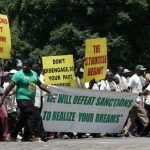HON. M. NDLOVU): Thank you Madam Speaker Maam. We balance the need for our people in the fishing industry to remain in business with over regulation. When somebody has a fishing licence and they have operating constraints, and they need to have partnerships with people with fishing rigs, it is surely not for Government what one has to do with the fishing licence they have.
We have strict measures where people have licences and they are not able to utilise them, they have challenges in renewing them for sure, but if they can prove that they were able to operate, we are able to renew for them. So, it is not really for Government to prescribe who people will go into partnership with when they have the licences. There are some who have licences whose fishing rigs are malfunctioning and they have the latitude to work with those who have fishing rigs. I want to assume that is what the Hon. Member was speaking to.
HON. T. MLISWA: Hon. Minister, you clearly articulated that there are 265 licences given to Zimbabwe and 235 licences given to Zambia. So why are you exceeding that? Why have you allowed that to exceed to a thousand? Is that not corruption and why not cut it immediately because there is already a self regulatory system in the number of licences issued? Is that not the incompetency of your Ministry?
HON. M. NDLOVU: Thank you Madam Speaker. I want to thank the Hon. Member for his supplementary question. Maybe I did not give the proper context. We are now sitting at close to 500 permits coming down from 900, these were issued over time and we are committed to reduce. Where people will be committing offences that warrant termination of contracts we have been quick to do that. So we are coming down, it is an issue of concern that has been raised and it is a challenge we have had for 10 to 15 years. However, I am happy that we are on track in addressing it; we are working with our colleagues in Zambia. We have also reduced, at one point they were more than1 600 but they have come down to 1 300. It is work in progress; it is something that we will continue to work with Zambians.
It is a livelihood issue for communities there; it therefore causes a number of challenges for governments. On the Zimbabwean side, it is a national park area and on the Zambian side, it is a communal area. That is why it is taking much longer to have the issue addressed but I am happy that we are cooperating well with our counterparts in Zambia. I thank you
(104 VIEWS)


